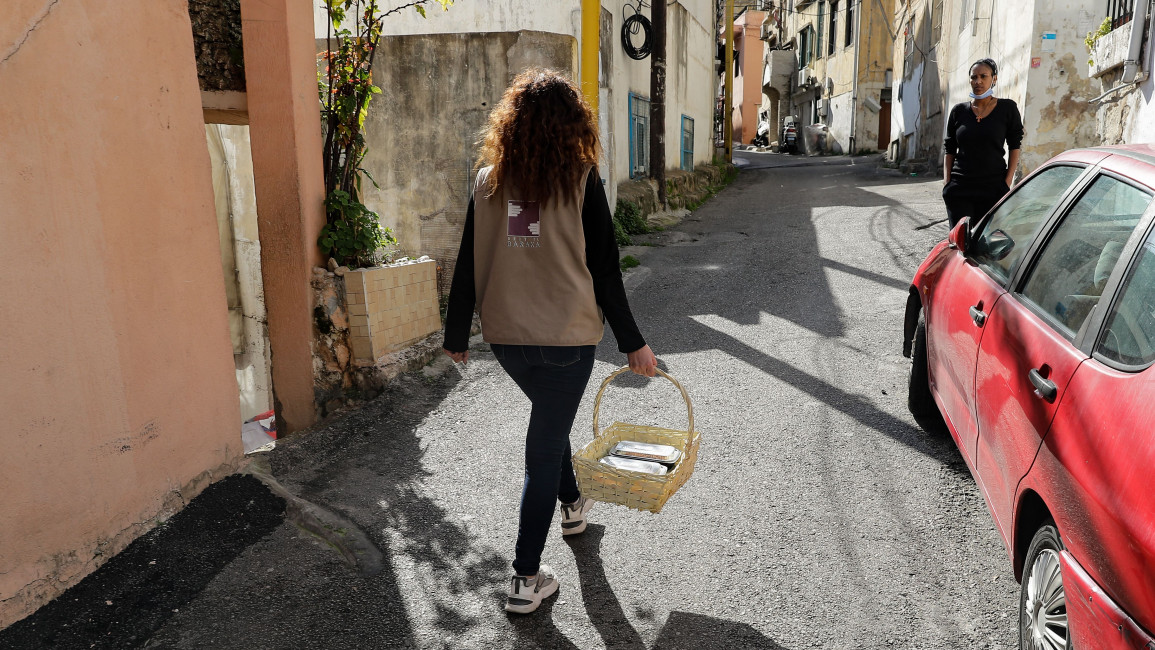Lebanon parliament approves cash subsidy costing $556 million
Lebanon's parliament on Wednesday approved cash payments for poor families, to cost $556 million a year, planned as a step that would allow the curbing of a $6 billion subsidy programme for basic goods.
Every family eligible for the programme would receive around $93 a month, according to a source close to the government.
Lebanon is battling a deep financial crisis, dubbed by the World Bank as one of the worst depressions of modern history.
The government introduced a subsidy programme last year to finance the import of basic goods such as wheat, fuel and medicine through drawing down on foreign reserves.
Shortages of essential items such as medicine and fuel have worsened in the past month as the central bank all but short of funds to finance the programme.
Some hospitals have been postponing elective surgeries to save on vital medical supplies such as anaesthetics, and fuel shortages have forced motorists to queue for hours to get barely any gasoline.
The government last week effectively cut fuel subsidies by using a weaker exchange rate of the Lebanese pound to the dollar to finance new imports through the central bank's mandatory reserves.
#Breaking: Lebanon Parliament approves a one-year $556m ration card for half a million families.
— Timour Azhari (@timourazhari) June 30, 2021
Average amount per family per month: $93
Funding source & criteria for qualifying to be decided later.
Foreign Reserves
The central bank had asked the government to provide it with the correct legal permission to dip into its mandatory reserves, an indication that it has all but run out of foreign reserves.
Mandatory reserves - hard currency deposits parked by local lenders at the central bank - represent a percentage of customer deposits and are usually not drawn upon other than in exceptional circumstances.
The parliament also instructed the government on Wednesday to issue approval for exceptional credit to finance the cash subsidy programme, indicating that too would be funded through the central bank's mandatory reserves, according to a member of parliament who asked not to be identified.
Lebanon's crisis has propelled more than half of the population into poverty, with the currency losing more than 90% of its value in around two years.
Frustration has been spilling on to the streets in the past week, with some armed protesters in the north of Lebanon scuffling with the army on Wednesday.
A crowd in Tripoli, Lebanon's poorest city, fired gunshots into the air when the army tried to contain their gathering, a security source said.
No one was wounded in the incident, but the army had to withdraw from the street where the incident occurred temporarily and armed protesters roamed the nearby areas, sometimes forcing shops to close, until they withdrew from the streets later on, the source said.



